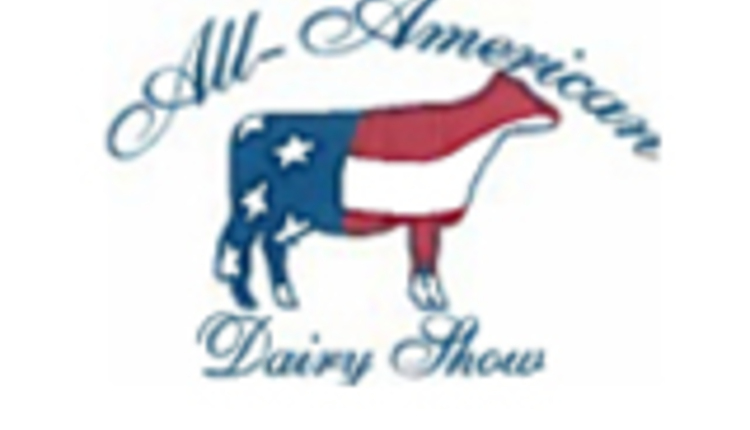 When the Seattle Seahawks' young quarterback took the field on Sunday, he was prepared. The familiarity of the opposing quarterback to high-pressure games far exceeded this second-year player's resume. Yet, what was about to unfold surprised nearly every spectator.
When the Seattle Seahawks' young quarterback took the field on Sunday, he was prepared. The familiarity of the opposing quarterback to high-pressure games far exceeded this second-year player's resume. Yet, what was about to unfold surprised nearly every spectator.The quarterback of the Seahawks, did not participate in the Super Bowl last year, but he attended because he knew that his team would get there and wanted to be ready when that time came. In his numerous interviews this week, he reiterated his reason for attending last year's game… "just to observe pregame warmups, and see how long it was and what the feel was like, the rhythm of the pregame, the rhythm of halftime…"
It obviously paid off as Russell Wilson became the third-youngest quarterback to win a Super Bowl, defeating a National Football League's five-time Most Valuable Player (MVP). How he planned his strategy can be applied to competitive activities in the dairy industry as well.
Dairy bowl is a contest for youth to test their knowledge on the entire dairy industry. Breed associations, 4-H and American Dairy Science Association-Student Affiliate Division all have contests each year to see how states and colleges stack up against each other. Knowing the rules for each individual contest is paramount to doing well so the participants are fully aware of the procedures. Differences in point values for correct answers and loss of points for incorrect answers will vary from contest to contest, and knowing the rules could be the difference when determining calculated risk of answering a question.
A lot of studying can go into preparing for a contest, but actually participating in the contest has a different "feel" than sitting at a table in your living room. A friend of mine has two young boys who are just starting to show interest in youth activities. While technically old enough to compete, she is taking them to the convention so they can watch the contest so in a few years, they will know WHY they are learning these topics. The value of working with coaches cannot be unstated as they try to convey the scenarios the youth will face, such as the long day, the disappointment of a loss and the ability to bounce back in the next round. Preparation will help everyone have a more positive experience.
Taking a calf to a county fair is quite different than exhibiting at a state fair, district show or on the colored shavings. The classes are bigger, the competition deeper, the arena larger – all things that can be daunting to 10-year-olds. To help ease the transition, some parents take their children to the events before they are competitors. It also helps build excitement for when they actually do participate.
There are a variety of speaking contests where young people showcase their talents. Some are naturally gifted with a smooth presentation style, while others have a mesmerizing voice that draws you to them, but being organized can certainly help people do their best and not have regrets later. Different contests have unique sets of rules, local, state and national contests, even within the same organization, can have variations or interpretations of guidelines. Because some contests are "one and done" where there is only one chance to compete at the national level, it is to the advantage of the youth to know the rules, understand the dynamics, and talk to people who have been there and done well.
Teams that seem to do well year after year have a program and strategy in place. They build on the previous teams' past success and the support of parents and coaches to share their knowledge so the tradition continues. If young-teenage dairy judgers (not novice youth) knew that they would have to judge 10 classes of dairy animals, memorize 5 sets of reasons, start judging at 8 a.m. and go until the late afternoon, when they judge at the National 4-H Dairy Judging Contest, would they start developing their reasons skills earlier and not wait until they are required to give reasons? Some would, others might not. Those that would I am betting would be your fiercest competitors and would really embrace the entire judging experience, not just the winning aspect. It is the role of coaches to evaluate the progress of these young people and help develop their confidence and communication skills both in and outside of the competition arena.
Attending events that you would one day like to participate in and excel in, require some forethought. Knowing the level of competition, the talent of the pool and the unknowns that could occur, make you ready to be the best you can be. Russell Wilson knew that one day his team would be in the Super Bowl, and he wanted to be prepared. Are you prepared for your Super Bowl?
 The author is the online media manager and is responsible for the website, webinars and social media. A graduate of Modesto Junior College and Fresno State, she was raised on a California dairy and frequently blogs on youth programs and consumer issues.
The author is the online media manager and is responsible for the website, webinars and social media. A graduate of Modesto Junior College and Fresno State, she was raised on a California dairy and frequently blogs on youth programs and consumer issues.







